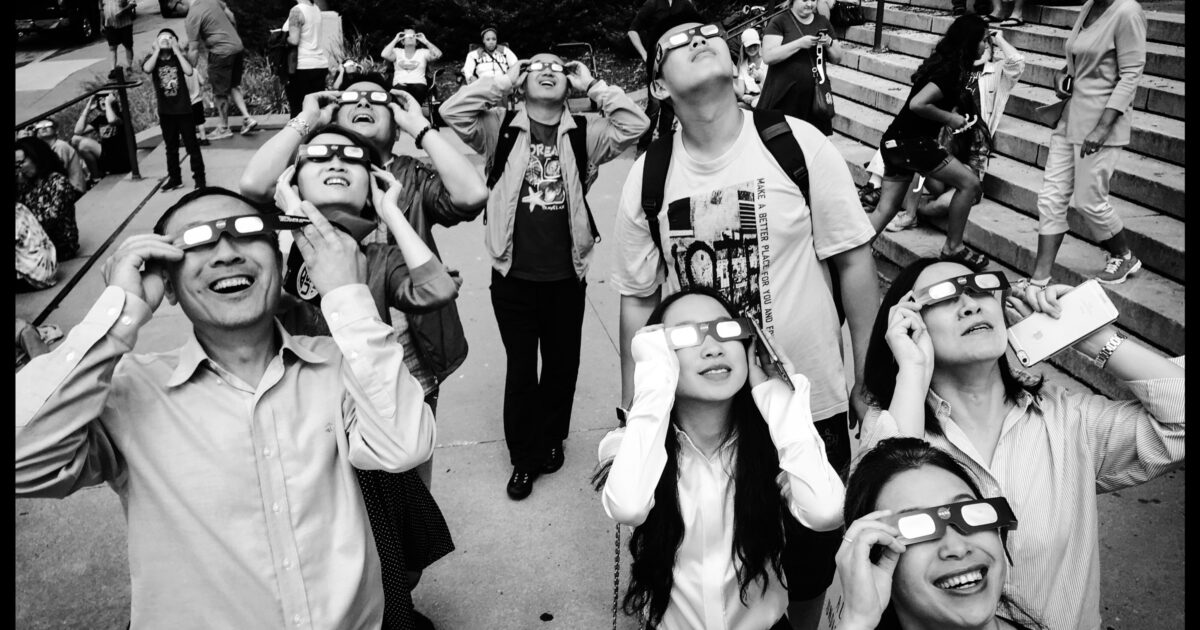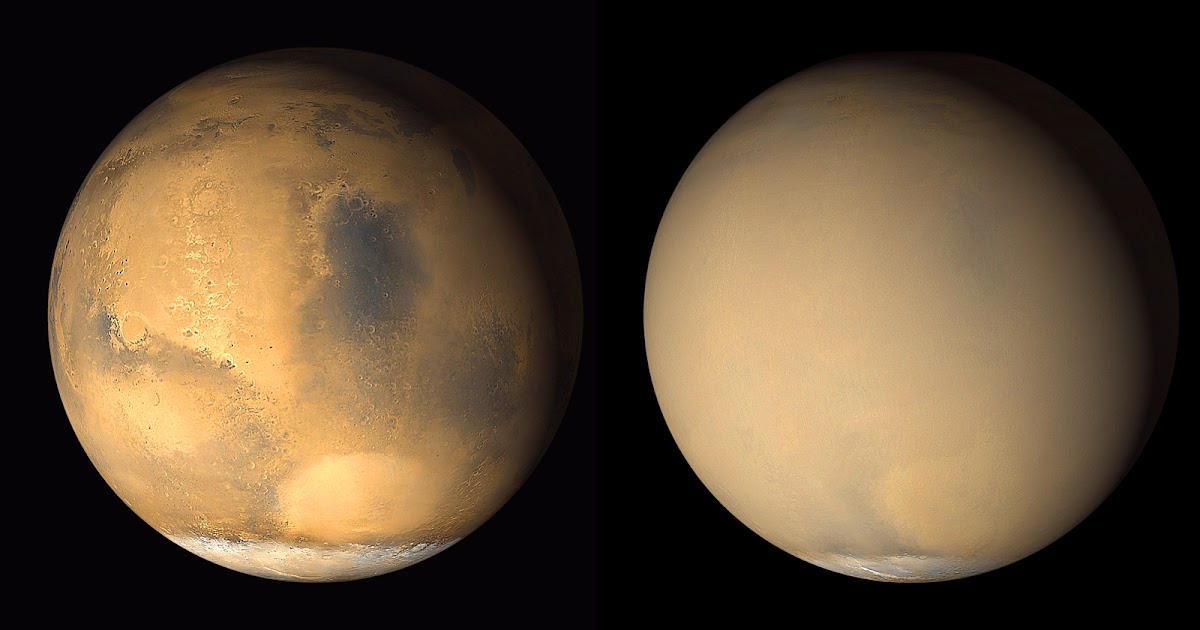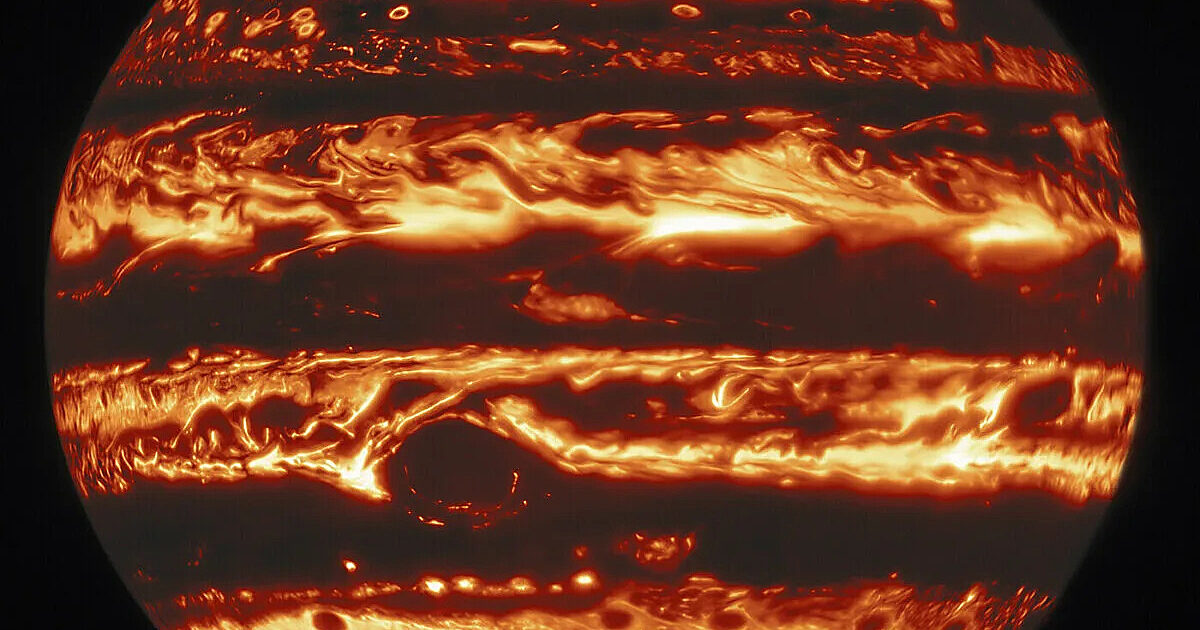Choose a viewing locationFind a spot that offers a clear, unobstructed view of the sky. Public parks, open fields, rooftops, and even backyards can be great choices. Make sure the location is easily accessible and comfortable for guests, considering amenities like bathrooms and seating. Depending on the weather, you might want to plan to bring blankets, sunscreen, hats, or bug spray so that you and your guests are comfortable throughout the event.If possible, go to your chosen location the day before at the same time as the eclipse to make sure the Sun won’t be hidden by a tree, neighboring building, or anything else. If you’re traveling to reach the eclipse, check out our tips on getting to and from potentially crowded viewing locations.Plan for safe viewingNever look directly at the Sun without proper eye protection. Provide or remind guests to bring solar eclipse glasses. You’ll probably need to plan ahead for this, since eclipse glasses can be hard to get your hands on in the days and weeks before an eclipse. If you’re planning on using a telescope or binoculars to enhance your eclipse experience, make sure they’re equipped with solar filters.If you don’t have access to eclipse glasses or viewing cards, prepare ways to observe the effects of the eclipse indirectly. Shadows are the best way to do this, since partial eclipses cast crescent-shaped shadows through holes (like in pinhole projectors and even kitchen colanders) and dappled leaves.
How to host an eclipse party




